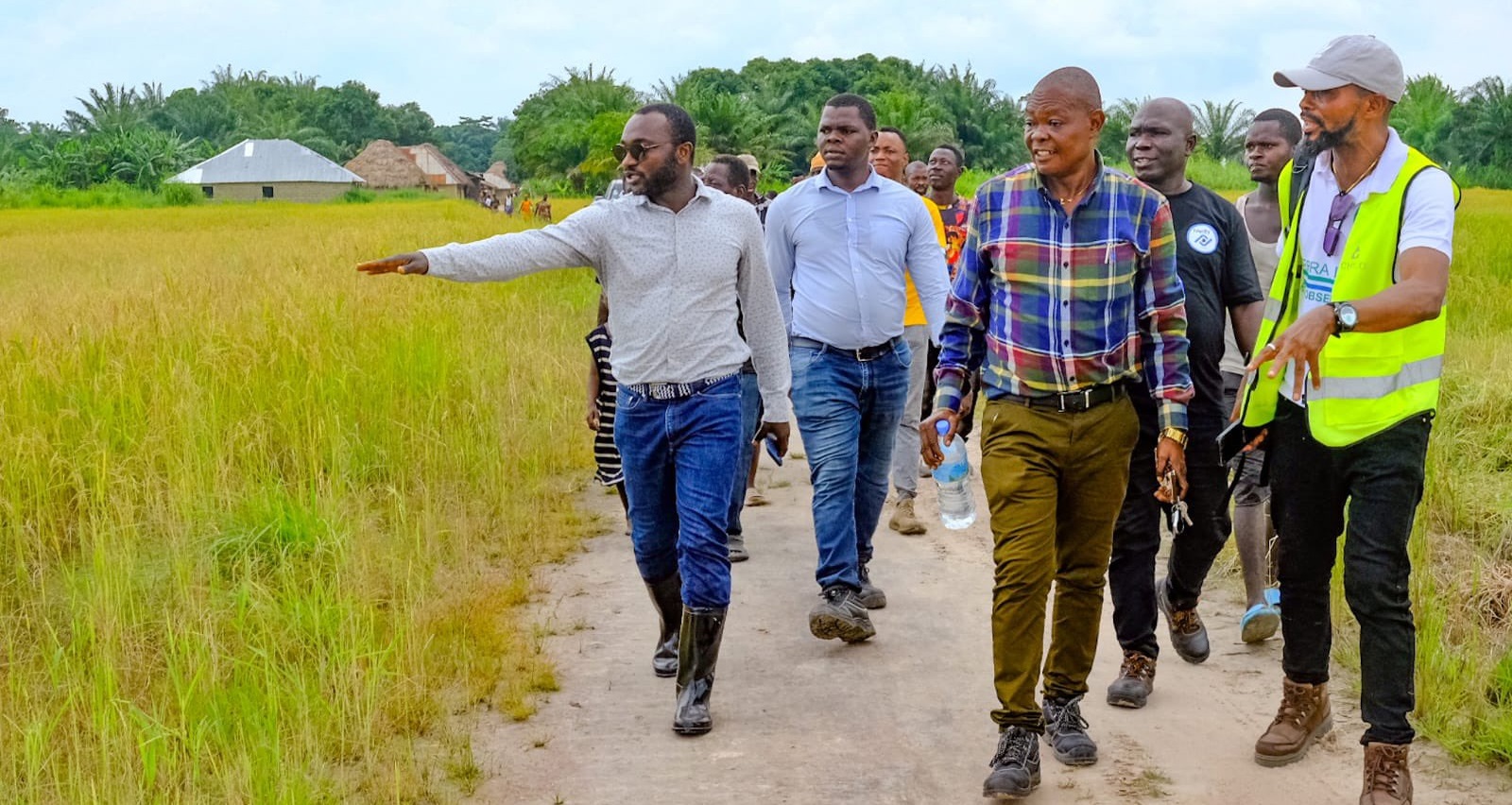Henry Musa Kpaka, the Minister of Agriculture Forestry and Food Security in Sierra Leone, shed light on the rationale behind the increase in taxes on imported rice as outlined in the Financial Bill 2024.
Kpaka emphasized that the decision to impose a 5% import duty on rice stems from the continuous escalation of imported rice prices, even after being duty-free since 2009.
He emphasized, “Imported rice prices continued to rise despite zero duty since 2009. 5% import duty on rice will support local rice production in Feed Salone. Farmers from the countries we import rice from have benefited from years of support (subsidies and protection) from their governments. Imported rice is cheaper than local rice (despite huge transport costs) partly because of this support. We will not succeed in boosting local rice production if active policies to support all actors in the rice value chain are not adopted. Feed Salone will support rice importers.”
The Minister underscored the critical need to bolster local rice production through the implementation of this import duty. He argued that despite the absence of duties, imported rice remains cheaper than its local counterpart, primarily due to the extensive support, including subsidies and protection, provided to farmers in the countries from which Sierra Leone imports rice.
Kpaka further highlighted the significant advantages that foreign farmers gain from prolonged government support, creating a scenario where imported rice maintains its cost advantage over locally produced rice. He expressed concern that without active policies supporting all facets of the rice value chain, efforts to enhance local rice production would fall short.
In an effort to address these challenges and promote self-sufficiency, Kpaka unveiled the Feed Salone initiative, which aims to support rice importers while simultaneously implementing comprehensive policies to boost local rice production. The move signifies a strategic approach to leveling the playing field in the rice market, fostering sustainability, and ensuring the prosperity of Sierra Leone’s agricultural sector.












I have a farm and I would like to know how I can be a part of this